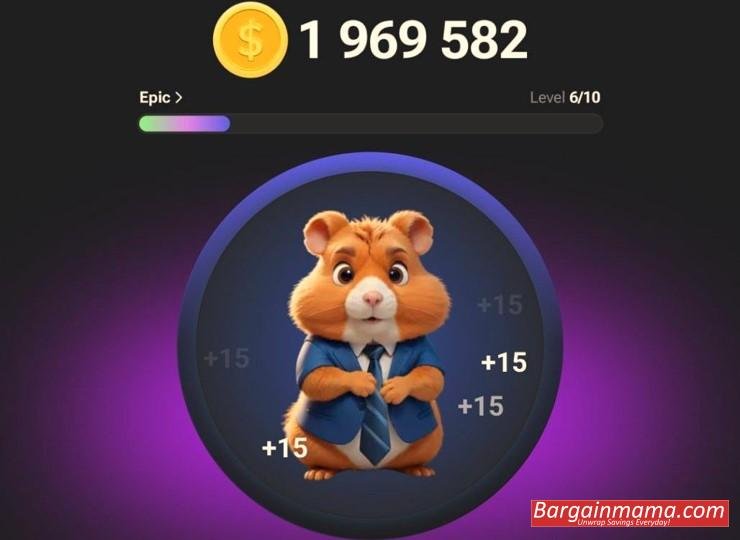In the ever-evolving world of cryptocurrency gaming, few titles have caused as much stir as Hamster Kombat. This Telegram-based clicker game, which promised players the opportunity to earn real cryptocurrency, has recently found itself at the center of a heated debate. Let’s dive into the rise and fall of this once-celebrated game.
The Meteoric Rise of Hamster Kombat
Launched in March 2024, Hamster Kombat quickly became a phenomenon in the play-to-earn gaming space. Its premise was simple yet captivating: players managed a virtual cryptocurrency exchange, tapping to earn in-game coins that could be converted into real tokens.
By May 2024, the game had amassed an impressive player base of over 150 million, solidifying its status as a social media sensation. The introduction of its native cryptocurrency, $HMSTR, on the TON blockchain further fueled its popularity, with promises of substantial airdrops and rewards for loyal players.

The Controversy Unfolds
Despite its initial success, Hamster Kombat now faces severe backlash from its community. The controversy began with the Season 1 snapshot for the $HMSTR token airdrop. Many players found themselves disqualified due to last-minute rule changes and the introduction of an “anti-cheat” system.
The situation escalated when it was revealed that a significant portion of the tokens were locked, a detail that had not been previously disclosed. This lack of transparency led to widespread dissatisfaction among players who had invested months of effort into the game.
Community Reactions
The community’s response has been overwhelmingly negative. Social media platforms, particularly X (formerly Twitter), have been flooded with complaints from disgruntled players. Many have labeled the game a scam, citing unfair token distribution and lack of transparency as major issues.
One player expressed frustration by tweeting, “After months of dedication, we get nothing but locked tokens and disqualifications. This is a scam!” Another user pleaded, “Hamster Kombat, you need to address this situation; you have made some wrong decisions for the community.”

The Road Ahead
Despite the backlash, the Hamster Kombat team remains optimistic about the game’s future. They have announced plans for Season 2 and future developments, hoping to regain the trust of their player base. However, the path to redemption appears challenging, with many players demanding increased transparency and fair treatment.
As this situation unfolds, it serves as a reminder of the volatile nature of cryptocurrency gaming. It raises important questions about the sustainability of play-to-earn models and the need for clear communication between developers and players.

Learn More About Cryptocurrency Gaming
If you’re interested in exploring more about the world of cryptocurrency gaming, check out these related articles:
- Understanding Play-to-Earn Gaming Models
- Top 10 Cryptocurrency Games in 2024
- The Risks and Rewards of Investing in Gaming Tokens
For the latest updates on the Hamster Kombat situation and other cryptocurrency gaming news, follow our Crypto Gaming News section.
What are your thoughts on the Hamster Kombat controversy? Have you had any experiences with play-to-earn games? Share your opinions in the comments below!
Disclaimer: This article is for informational purposes only and should not be considered financial advice. Always do your research before investing in any cryptocurrency or participating in play-to-earn games.



